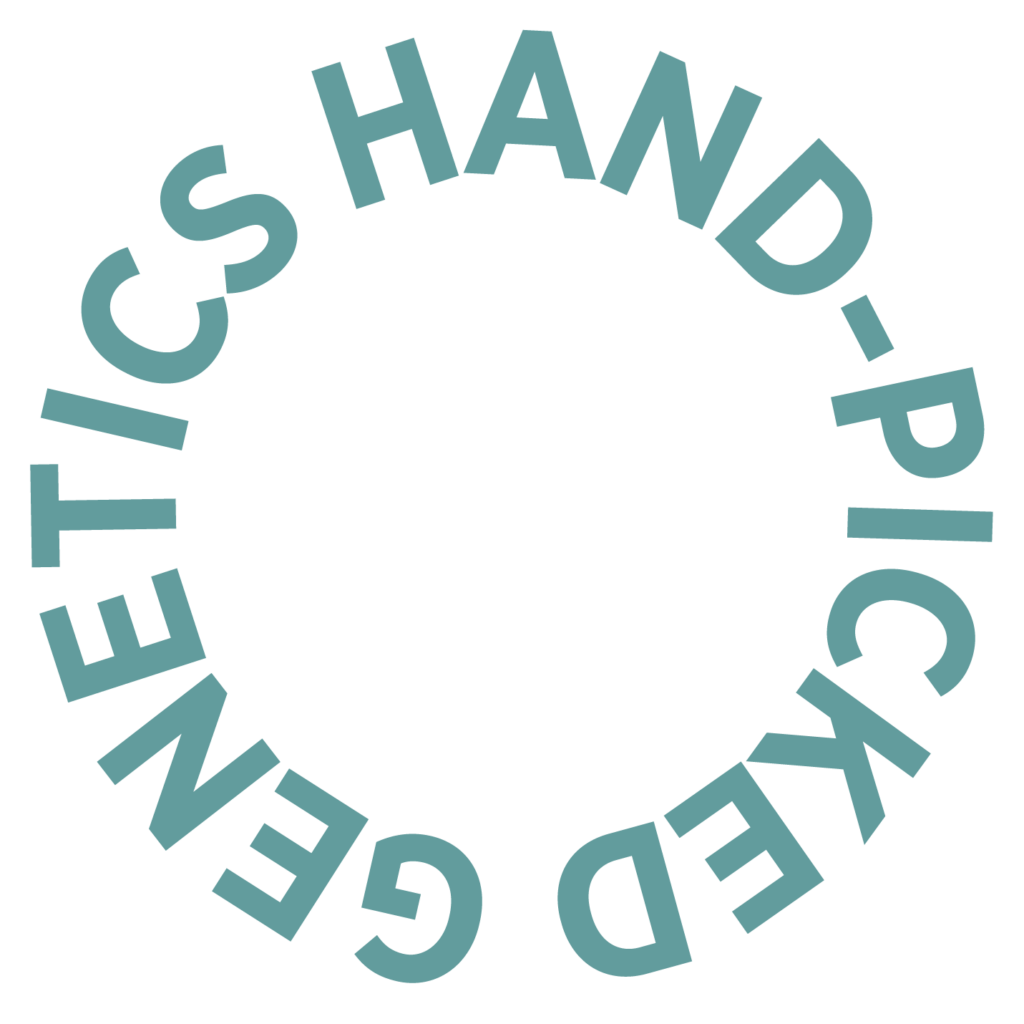You’ve probably heard the words “recreational” and “medical,” but what do these mean when purchasing cannabis products from a dispensary? There are many differences between medical and recreational dispensaries to be aware of, including their products, prices, legalities, and requirements.
What Is a Recreational Dispensary?
Recreational dispensaries sell recreational cannabis products, including flower, vapes, edibles, pre-rolls, concentrates, tinctures, and more. On top of this, most recreational dispensaries also sell cannabis accessories, such as lighters, vape batteries, bowls, and rolling paper. Some dispensaries even sell medical cannabis, though a medical card is required to purchase these products.
Specific dispensary details, such as hours, product displays, delivery options, and maximum capacity, often vary by location and depend on state and local laws. For example, dispensaries in the city of Boston are required to close by 9 p.m.
Recreational vs. Medical
The most significant difference between medical and recreational dispensaries is that you do not need a government-issued medical card to enter or purchase from recreational dispensaries.
Another major difference is cost. In Massachusetts, recreational cannabis sales receive an excise tax of 10.75%, a sales tax of 6.25%, and a local tax of up to 3%, while medical dispensaries do not have any excise or local taxes. Other differences may include product types, hours of operation, and product limits.
Where To Find Recreational Dispensaries
Recreational dispensaries are currently located in 21 U.S. states, including Massachusetts and California. Unfortunately, recreational cannabis is not legal in the other 29 states, which means no dispensaries will sell you cannabis products without a medical card. Even in states where recreational cannabis is legal, not all dispensaries are recreational, so we recommend double-checking a dispensary’s website before visiting.
Requirements for Visiting a Recreational Dispensary
People purchasing from a recreational dispensary must have a valid government I.D. and be at least 21. Medical cards are not required to enter recreational dispensaries, though some dispensaries offer discounts for card carriers.
Purchasing cannabis products communicates you will follow all legal regulations, such as not crossing state lines, not buying while intoxicated, not consuming while driving or in public, and proper storage for more than one ounce in Massachusetts. A dispensary may refuse sale if you indicate you will use their products illegally.
What Is Recreational Weed?
Recreational cannabis or adult-use weed generally has different specifications and classifications from medical cannabis. Recreational weed is intended for relaxation, leisure, and entertainment and is usually high in tetrahydrocannabinol (THC). Comparatively, medical weed is intended for medical purposes, such as treating stomach pains and multiple sclerosis. Medical weed tends to have much higher levels of cannabinol (CBD), one of hemp’s most calming cannabinoids.
Some states have specific laws regulating THC and CBD levels in recreational products. However, as the cannabis industry has evolved, some manufacturers now have almost no differences between their medical and recreational products.
Best Recreational Dispensaries in Boston
Located near Logan International Airport, Harbor House Collective is a top-of-the-line recreational dispensary in the Boston area ideal for locals and tourists alike. We offer options for delivery and cashless checkout, with no Massachusetts-issued medical cards necessary. Get started with Harbor House Collective today by visiting our online store.


